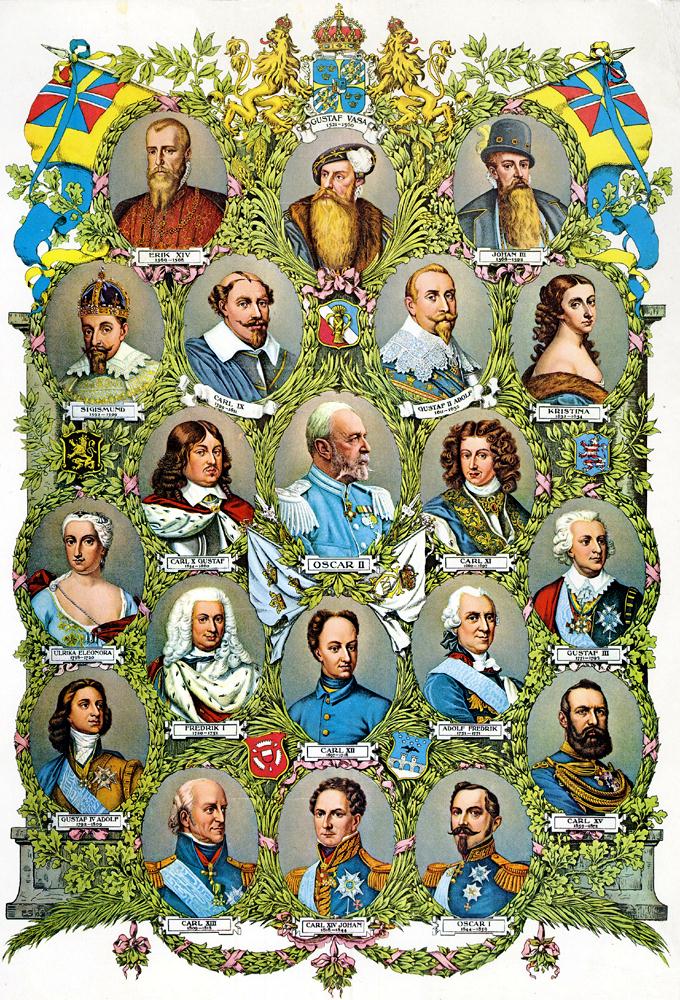|
Ulrika Eleonora
Ulrika Eleonora or Ulrica Eleanor (23 January 1688 – 24 November 1741), known as Ulrika Eleonora the Younger, was Queen of Sweden, reigning in her own right from 5 December 1718 until her abdication on 29 February 1720 in favour of her husband King Frederick, and then as his consort until her death. She was the youngest child of King Charles XI and Ulrika Eleonora of Denmark and named after her mother. After the death of her brother King Charles XII in 1718, she claimed the throne. Her deceased older sister, Hedvig Sophia, had left a son, Charles Frederick of Holstein-Gottorp, who had the better claim by primogeniture. Ulrika Eleonora asserted that she was the ''closest'' surviving relative of the late king (the idea of proximity of blood) and cited the precedent of Queen Christina. She was recognized as successor by the Riksdag after she had agreed to renounce the powers of absolute monarchy established by her father. She abdicated in 1720 in favor of her husband, Landgra ... [...More Info...] [...Related Items...] OR: [Wikipedia] [Google] [Baidu] |
List Of Swedish Monarchs
This is a list of Swedish kings, queens, regents and viceroys of the Kalmar Union. History The earliest record of what is generally considered to be a Swedish king appears in Tacitus' work '' Germania'', c. 100 AD (the king of the Suiones). However, due to scant and unreliable sources before the 11th century, lists of succession traditionally start in the 10th century with king Olof Skötkonung, and his father Eric the Victorious, who also were the first Swedish kings to be baptized. There are, however, lists of Swedish pagan monarchs with far older dates, but in many cases these kings appear in sources of disputed historical reliability. These records notably deal with the legendary House of Yngling, and based on the Danish chronicler Saxo Grammaticus, Eric the Victorious and Olof Skötkonung have often been classified as belonging to the Swedish house of Ynglings, tracing them back to Sigurd Hring and Ragnar Lodbrok (whom Saxo considered to belong to the House of Yngling ... [...More Info...] [...Related Items...] OR: [Wikipedia] [Google] [Baidu] |
_-_Drottning_Ulrika_Eleonora_dy.jpg)
